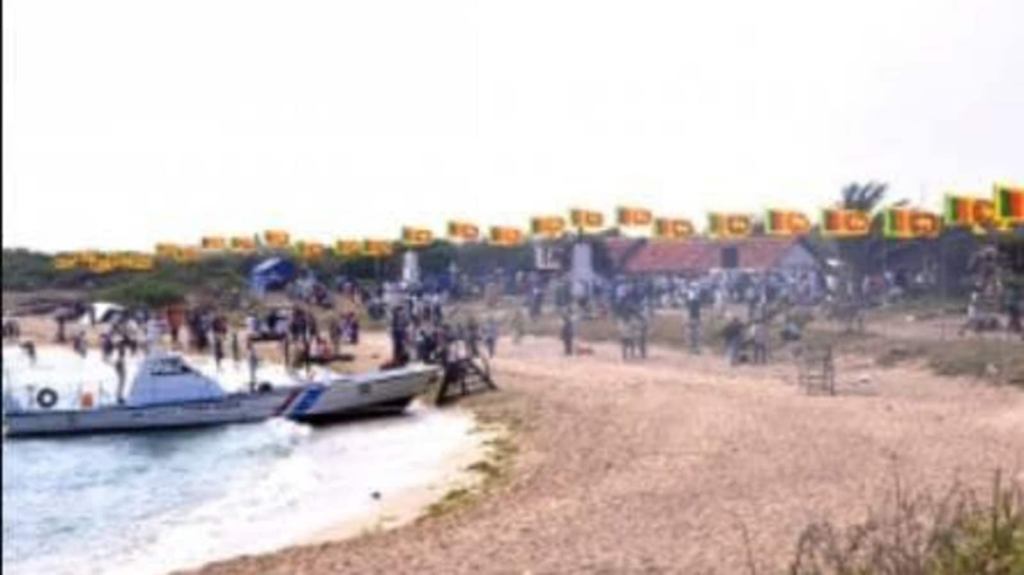Fifty years ago, Delhi and Colombo signed a bilateral agreement whereby India effectively gave up its claims on Katchatheevu island in the Palk Strait. The idea was that ceding a barren island with no water source to a neighbour — a fallout of demarcating the maritime boundary between the two — was good for neighbourly relations. This deal has now come up for scrutiny in the general elections with none other than the Prime Minister of India framing it as a loss of Indian territory. The foreign minister too has weighed in, adding substance to an agenda that has been marginal to electoral politics in Tamil Nadu. This has ominous implications and a shelf-life beyond the immediate context of the Indian election.
India-Sri Lanka relations have had their share of tensions though Katchatheevu had ceased to be a bone of contention in 1974. It is a settled issue and it should remain so. The island is used for fishermen to rest their boats and dry their gear; Indian fishermen also participate in the annual festival at the small church built on this sandy speck. Territorial rights regarding the island come up in conversation when Indian fishermen are apprehended by the Sri Lankan navy for transgressing into their waters. The latter has little to do with Katchatheevu and needs to be debated on the complex canvas of crowding of vessels in a small patch of sea, concerns about overfishing and coordinated management for sustainable fishing practices.
Ties between Delhi and Colombo have been improving since the end of the ethnic war in Sri Lanka. Delhi is invested in Colombo and both countries have been jointly exploring avenues in trade, energy and transport sectors. Leaders should show maturity not to stoke old fires and singe ties with a friendly nation in the quest for electoral dividends. Remember, Beijing is waiting in the shadows to anchor its interests in a strategic location in the Indian Ocean.

